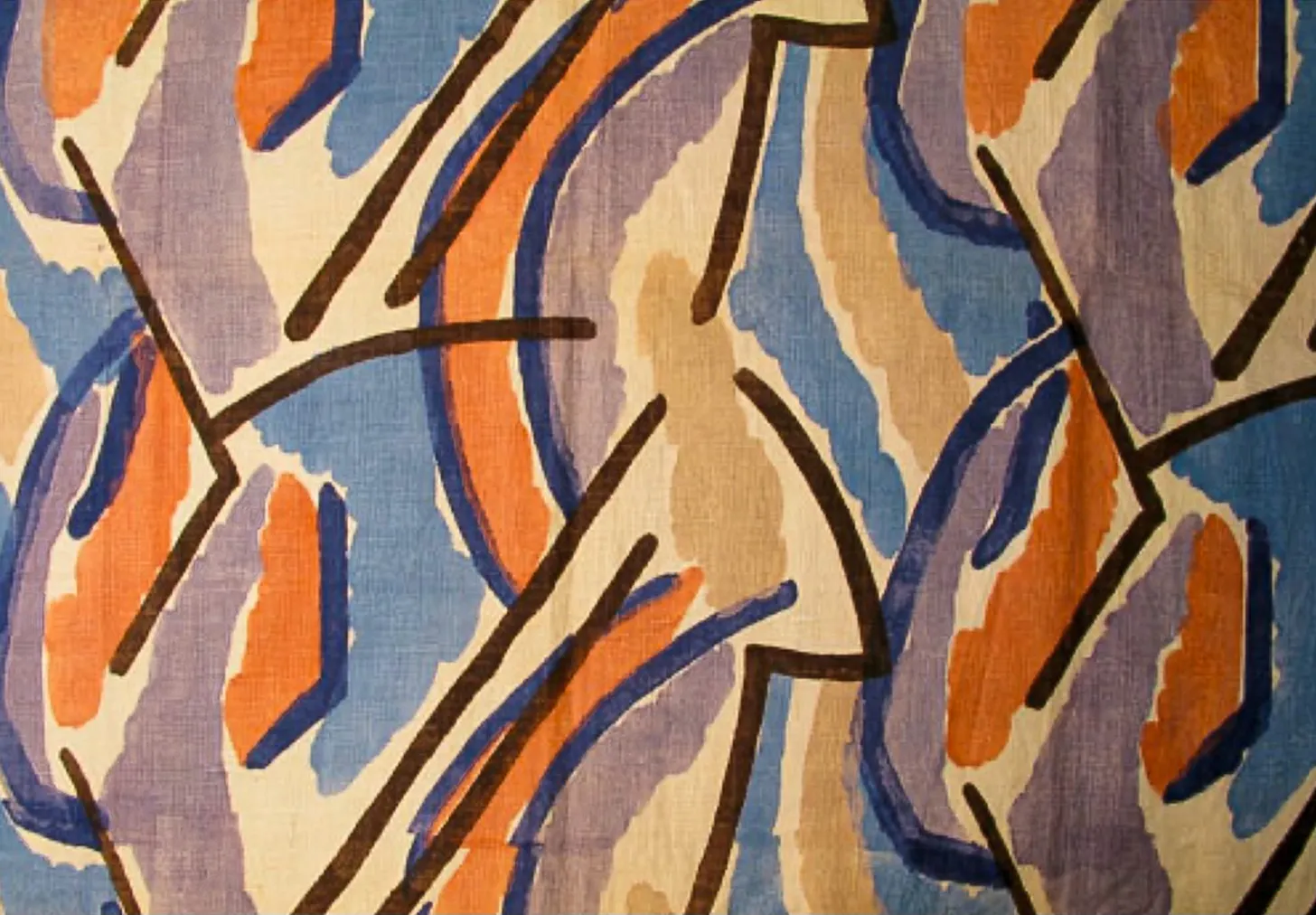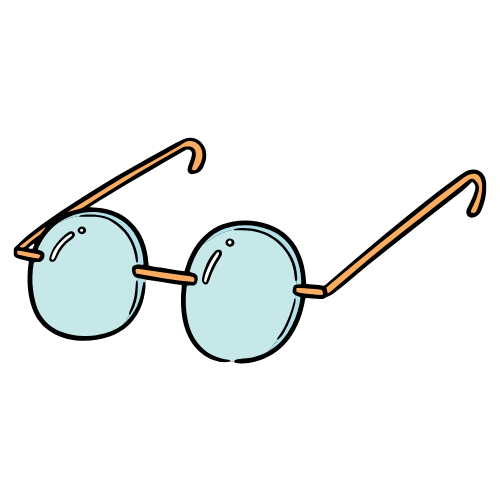You just read the best book of your lifetime, like forever and ever in your lifetime, the best book you can imagine and dream of, the literary masterpiece of the century. There are no words to describe the best-ness of the book and how it fit to your being and your personality. Now you reached the end of the book and you’re living in an endless existential void. So, what do you do next? How do you choose the next book to read?
One thing to do in this situation is to pick up the book and start over. But chances are you already did that three times. Other helpful things to do are to consult a psychic librarian or perform a seance with your book club. Or just blindly throw darts at your bookshelf and hope for the best.
I’m pretty sure you can do any of that, but let’s get real. We all read Victorian ghost stories here and know how seances end. What you want is a book to give you that feeling of being understood, that feeling that it was written only for you, that feeling of being hugged by the person you love most in the world. That feeling of being home. And to find that next perfect book, the first thing to do is to figure out what you adored about that bestest book of your lifetime. Sometimes it directly hits you, and sometimes it’s a discovery you make by reading more.
I thought of five things which might be what you adored about your last read, either knowingly or unknowingly, and made them less abstract by giving the example of what that “it” is for me.
genre – mine is sf
I don’t believe in genre. As I see it, genres are boxes into which publishing houses would like to sort their readers to make it seem that literature can be nicely stacked in a well-lit library. I do believe, though, that books can be written in a certain vein, featuring certain elements, focusing on certain narrative techniques and character typologies. Lines can be drawn very broadly here, along science fiction, fantasy, horror or historical fiction.
I read Kazuo Ishiguro’s Klara and the Sun last year and it immediately reminded me of my long-lost love for SF. I knew I had to get more SF and went on to (re)read the big SF classics just for the nostalgia of it: Philip K. Dick’s Do Androids Dream of Electric Sheep, Isaac Asimov’s The Naked Sun and the rest of the Robot series, Frank Herbert’s Dune, Stanislaw Lem’s Solaris. They all have SF screaming out of their pages, but are, at the same time, so much more than that.
places – mine is the house
When reading a book, we are sometimes drawn to the places of the story. Some examples are the second-hand bookstore, the big city, the small town, the university, a magical realm. The place gives its own special colouring to the narrative and brings in other themes which belong to its immediate field. A story placed in a big city could focus on feelings of isolation, while a story placed in a magical realm can let our minds roam free.
My favourite place for a narrative is simply the house. But, in some novels, the house goes beyond being a place and becomes a character in its own right. This special focus immediately jumps out at me, as it happened when I read Daphne du Maurier’s Rebecca. Possible titles to follow could be Shirley Jackson’s The Haunting of Hill House, E.A. Poe’s The Fall of the House of Usher, Charlotte Perkins Gilman’s The Yellow Wallpaper or Emily Bronte’s Wuthering Heights. The house and the family are freshly reinterpreted in each of these titles.
literary epochs – mine is modernism
Sometimes in a cultural landscape writers have common ideas of how they want literature to look like and how they want their writing to reflect changing norms and a changing society. Such a literary epoch lives for some decades or for some half a century and then it gets thrown out the window for the “newer” and the “better”. So it happened that Victorian literature tried to overthrow Romanticism, Modernism rebelled against everything Victorian and Postmodernism turned up the sound of Modernism.
Me, I’m a fan of all of these, but ever since reading Virginia Woolf’s To the Lighthouse, Modernism is closest to my heart. Examples of other Modernist masterpieces are T.S. Eliot’s The Waste Land, James Joyce Dubliners, Katherine Mansfield’s The Garden Party and Other Stories and William Faulker’s The Sound and the Fury.
season – mine is autumn
It’s always a good idea to align your reading with the season. Everyone has their favourite Christmas story and looks forward to a good, light story to read at the beach in summer. Publishing houses and libraries drown us in summer reads and Christmas reads, and it’s easy to forget that spring, autumn and winter each has its specific mood and asks for specific books to read.
I love my autumn reading, and by that I don’t mean only books which are set in autumn. Starting with late August I sometimes like to think of what gives me an autumn feeling, and these are 19th century classics, scary reads, but also books about larger themes such as death, reflection and change. I just finished Sylvia Townsend Warner’s autumnal Lolly Willowes and what I’m thinking could follow nicely (if we were in September, that is) is Ray Bradbury’s Something Wicked This Way Comes, Bram Stoker’s Dracula, Carlos Ruiz Zafon’s The Shadow of the Wind or Leo Tolstoy’s Resurrection.
author – mine is virginia woolf
Sometimes when you find your favourite author, you don’t immediately realize it. It can happen you read them too early in life, you didn’t necessarily start with their best work, or you simply weren’t prepared for what they had to offer. Other times, of course, you instantly know. I’ve been in both cases.
One of my favourite authors is Virginia Woolf. Woolf was born in a well-off, literary family, in 1883, and went on to revolutionize society with her writing and her feminism. I started with Mrs Dalloway about 10 years ago and it didn’t stick with me. Then, 8 years later, I had to read To the Lighthouse. I was hooked. I re-read Mrs. Dalloway and continued with Night and Day, Orlando and Between the Acts. And now, my summer reading is Virginia Woolf.
and you?
So, do any of these tickle your reader antennas? Who are you in this literary landscape? As you stand at the crossroads of your bookish destiny, pondering the void left in the wake of that bestest book of your lifetime, remember. It’s not *really* about finding the next book to read; it’s about creating and making yourself while roaming the vast and chaotic landscape of literature. Who knows, maybe you’ll choose a book that’s so brilliant that it makes your previous favorite seem like a mere pamphlet. That’s always something to hope for.





your thoughts?